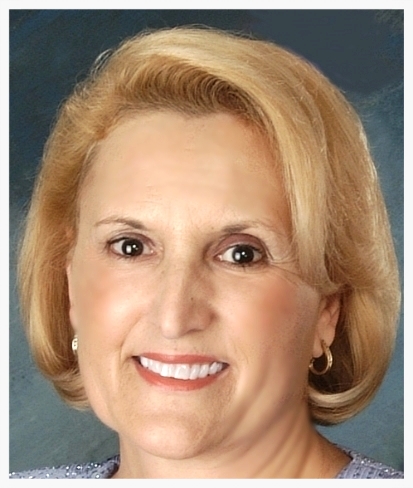Frequently Asked Questions
What is your background in this profession? You can read about my background in the "About Page"
How do I contact you for a reading? Click on the pop up blue floating icon and make a contact selection or appointment request. If you are using the desktop browser, 3 different days/times can be selected.
What do you charge for a private reading? My standard price for a 1/2 hour reading is $80.00 at my home/office in Seekonk, Mass. and for a 1 hour reading it is $120.00. If 3 or more readings (bring your family/friends) are scheduled consecutively at my home/office, the 1/2 hour reading is $65.00 each. Also, if all 3 are in a group reading (usually with a group of friends or family) the total reading cost will be at the party pricing of $65. X 3 =$195. reading cost in total for 1 1/2 hours. All readings include a free audio CD of the session.
What do you charge for a group party at my home or business? At group parties at your home or business I charge $65.00 per person for a 30 minute reading and that includes a free audio CD recording of the session. There is a minimum of 6 and a maximum of 8 readings. Parties are usually held on Saturday or Sunday afternoons and begin at 1:00pm or an agreed upon time. All parties are book by telephone, call me 401-864-8307 to discuss and gather additional information.
What type of payment do you accept? We all live in a physical world and as such payment for services are necessary in order to carry on the services I provide. I accept personal checks made out to "Linda Kent", cash and major credit cards - Vista, Master Charge, American Express, Discover.
Can I bring a trusted friend or family member into the reading? Yes, you can bring a guest into the reading session, but spirit might have messages for them too. The time allotment still stays the same whither being 1/2 or 1 hour in total.
What is the Vatican's policy on Talking to the Dead?
Britain's Psychic World newspaper in its July edition says there are "Major changes to Roman Catholic views as The Vatican says it is OK to talk to the Dead."
Assistance Editor, Michael Colmer says he has discovered the keynote Vatican policy change regarding "Communication with the Dead." It originated with a very senior and authoritative spokesman, the Rev. Gino Concetti, chief theological commentator for the Vatican. He shared his new Catholic thinking in the respected Italian journal. "L'Osservatore Romano". Colmer points out that it is important to note that Fr. Concetti is not a rebel and thus his views carry Vatican endorsement.
Fr. Concetti said: "Communication is possible between those who live on this earth and those who live in a state of eternal repose, in heaven or purgatory. It may even be that God lets our loved ones send us messages to guide us at certain moments in our life." He added that the key to the Church's attitude was the Roman Catholic belief in a "Communion of Saints" which included Christians on earth as well as those in the afterlife. "Where there is communion, there is communication," he said.
Fr. Concetti suggested dead relatives could be responsible for prompting impulses and triggering inspiration - and even for "sensory manifestations", such as appearances in dreams. He further declared that the new Catholic Catechism specifically endorsed the view that the dead could intercede in earth and quotes the dying St. Dominic telling his brothers: "Do not weep, for I shall be more useful to you after my death and I shall help you then more effectively than during my life." Colmer adds: "
This new attitude represents a 180 degree turn in Catholic thinking". Further to Michael Comer's Psychic World story, the Vatican based Zenit News Service reported that the Pope, John Paul II, in a letter on Incarnation and Death to the Master General of the Dominican Order, Father Timoth Radcliffe, used the exact same quotation given by the dying St. Dominic, but refrained from discussing direct Spirit Communication as such. The Pope's letter warns that the modern world's denial of the incarnation of Christ "in turn leads to a greatly diminished sense of human possibility".
